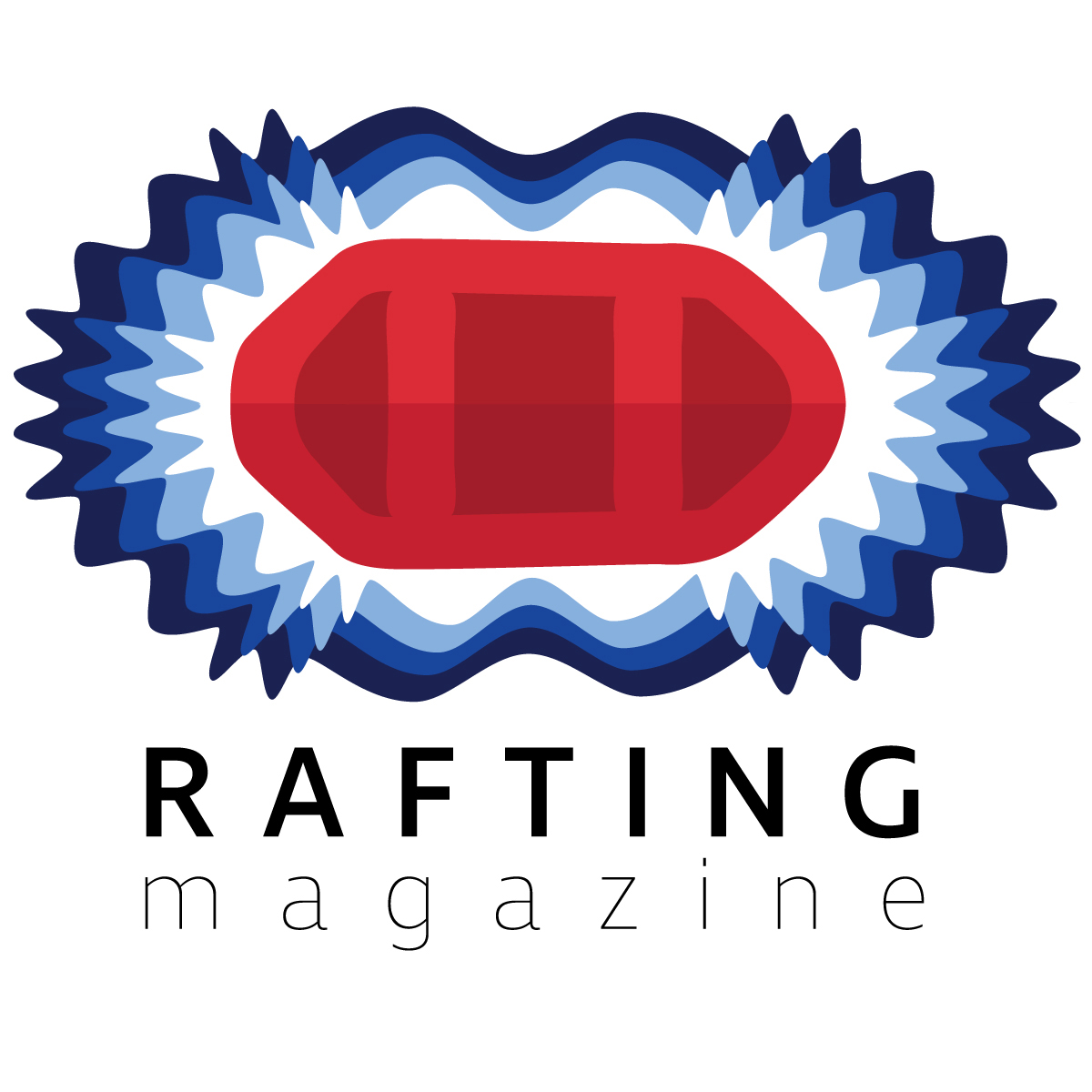Tips On Guide Professionalism
What does a raft guide look like to you? Guides often grapple with this as every year we have a new crop of fresh guides coming in who are eager to learn. New guides may not understand the rules and mindset of what is required of them. Similarly senior guides may have trouble articulating what it is to be a guide and what is required of new boaters. Every year we get questions from new guides on how to prepare for a profession where we are seeing to the needs of folks who have paid the companies, we work for to help them explore a facet of the world that they may have very little practical knowledge of or the skills to pursue.
Professional Standards
For the guides around the world who support their families through river guiding this requires dedicated professionalism to excel at raft guiding. Professionalism requires professional standards and raft guides have no true governing body for professional standards in the way that some other guiding professions have. It is up to individual companies and guides to assess what professional behavior is. What does professionalism mean in outdoor guiding and specifically raft guiding mean to us?
Expertise and Knowledge: Guides must have a deep understanding of the outdoor environment they operate in, including ecology, geology, and weather patterns. Most notably you need to focus on hydrology and navigation to be successful. The sport can be tough because you need to have enough discretion to understand when to be the student and when to be the teacher.
Certifications and Training: Certifications and quantifiable training are not the only way to learn, but they sure go a long way to help people feel at ease with you on the water. Whether you’re talking with guests, potential employers, or lawyers having certs shows that you are dedicated enough to do everything you can to mitigate risk. Additionally, having a river log and a training log go a long way to proving what you are capable of. If nothing else it will give you more tools to help you when things go sideways. If you want to learn some more skills you can always check out our educational series here.
Communication and Customer Service: If you want requests and repeat clients, you’re going to have to show people a good time. Developing your customer service and communication skills not only helps you show your guests a good time, but helps you get along better with coworkers. Seek out opportunities for customer service training and study communication strategies like a few we have here.
Mindset
Let’s take a look at the ideal mindset of a guide to start with. Much of guiding is a mental challenge of maintaining our mindset through harsh conditions. Fatigue, communications breakdowns, weather, and a host of other issues can cause us to lose focus on the proper guiding mindset. Here are a few ideas on keeping yourself in the game mentally when raft guiding.
Safety-Oriented: The safety of clients should always be the top priority. In the United States there is a liability doctrine that looks at weather or not the outfitter or guide needlessly increased the risk of an inherently dangerous activity and guides should strive to make sure they understand their role in increasing risk.
Leadership: Guides having a leadership mindset is more than just being in charge. Remember, you are the mentor for guests who may have little to no experience in the outdoors. Guests place a lot of trust and confidence in your ability to keep their friends and family safe so it is important to have a mindset in which you protect that level of trust at all times.
Preparedness: Focus on being prepared to assist guests in advance by anticipating their needs. Guides should not only have their gear dialed at all times, but have the necessary equipment, snacks, extra sunscreen, extra clothing, and back up plans for changing conditions.
Flexibility: We didn’t get into the outdoors because we like ridged 9 to 5 jobs that are the same every day. Guides need to be flexible and adaptable, willing to modify plans when necessary for the safety and enjoyment of their guests.
Continuous Improvement: This is a tough aspect for many guides to master and a controversial topic in any outdoor field because of where the burden of this lies. The reality is that in any sport, industry, or job there are so many opportunities for self-improvement and the burden is on you to seek those out. whether they are advanced medical classes, swift water rescue classes, advanced guide schools, or even just going on harder rivers to push your skills you have to improve every day.
Conduct
Let’s face it if you want to be a raft guide you are probably a highly independent maverick that likes to lone wolf it. This might make you an awesome guide because you can think and work independently, but it also can make you a liability if you have trouble taking direction and feedback. This is where willingly abiding by a code of conduct is important, because it is easy to lose your way. Here are some major conduct pitfalls to be wary of in guiding:
Partying: in the outdoors there is a lot of young people and youth culture abounds. Partying, alcohol, substance use, and intense environments all intersect to form a powerful cocktail of poor conduct. There is a strong stigma associated with hungover raft guides and it doesn’t do you, your guests, or your coworkers any favors to be unfit for work in a job with such a heavy labor component. Also remember this is a job and sleeping with coworkers creates a terrible situation. There are a lot of sexual harassment laws that you can run afoul of and you can get yourself and your new found sexy friend pulled off trips or fired by creating a hostile workplace for others.
Belittling Junior Guides: This one is its own special hell and is one of the worst forms of betrayal for new boaters. Bravado and ego are the root of this, but being excited to show up for a new job only to have a mentor talk down to you and treat you like trash is probably the most disempowering thing on the planet. I feel like beer fines also deserve their own special place in hell since new guides pay the lions share of them and it feels to me like it should be illegal to economically attack coworkers…oh wait it is if you’re in the us. There really is nothing more disempowering than not getting taught something by a mentor while simultaneously getting punished by said mentor for not teaching you something.
Gatekeeping: I wrote a whole article on this one, but as a senior boater or just a raft guide it is your job to open the door to new boaters. Everything from mocking clients to treating folks like they are not good enough without giving them a path to success is a form of gate keeping. If you are concerned that someone’s ability is not up to par you have to give them an opportunity to get there otherwise the skills of this community fade away.
Professional Appearance: Appearance is everything and you need to look the part if you’re going to be a raft guide. This includes functioning equipment and hygiene. If your gear is ratty, you compromise trust. If you can’t take care of your skin so as not to be sunburnt all the time, how can you take care of the kids in the boat. For a reason I understand, yet disagree with some guides love to revel in their stink. The reality is that guests who come from a more civilized sub culture do not want to smell your river stank. Worse yet if you are constantly splashed with water containing high bacteria and fungal microbes, they’re gonna bury themselves in your skin. So, my parting though is please take a shower, no one likes your river stank, and you’re guests are not stoked about it, they’re just too polite to say anything.







